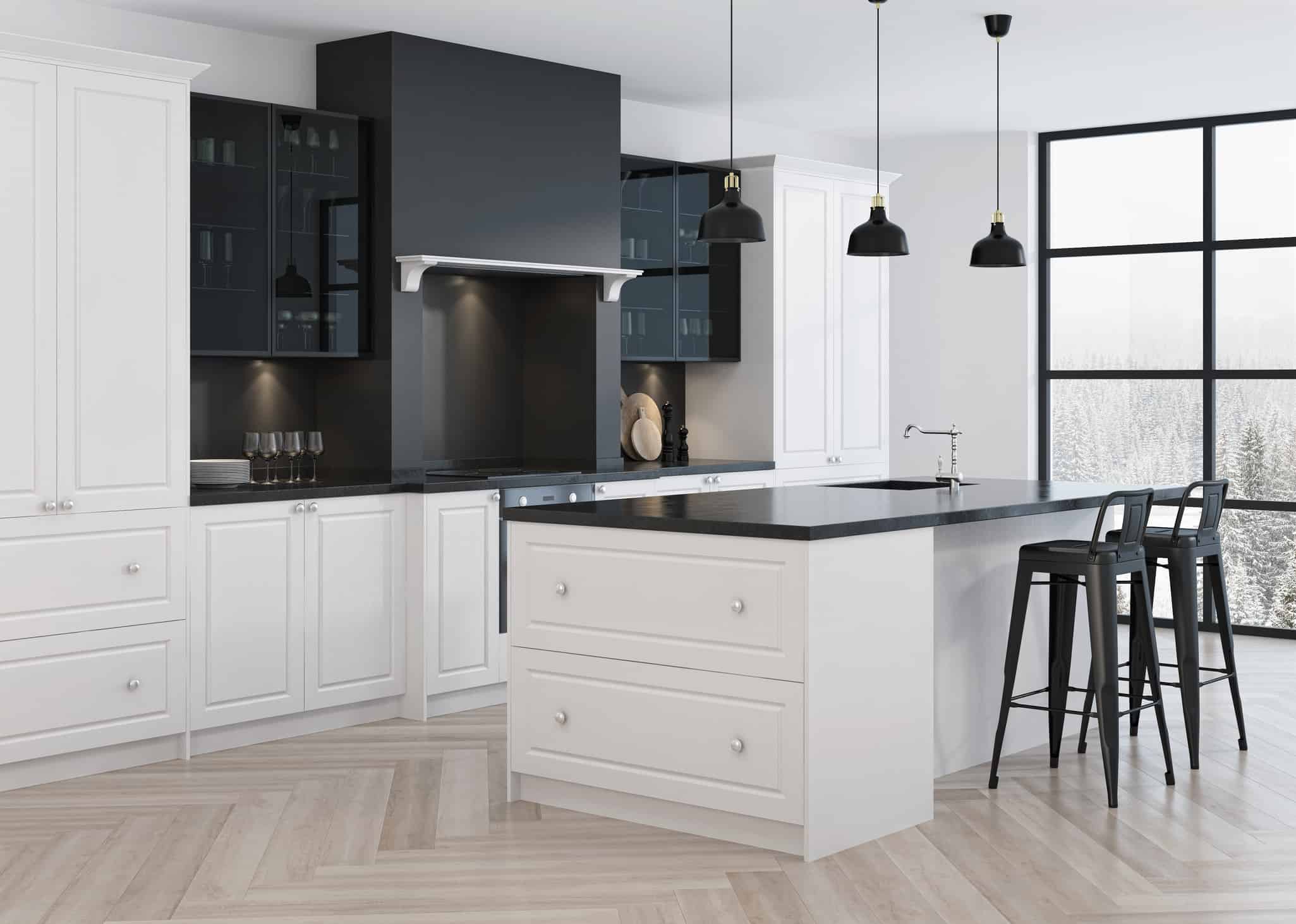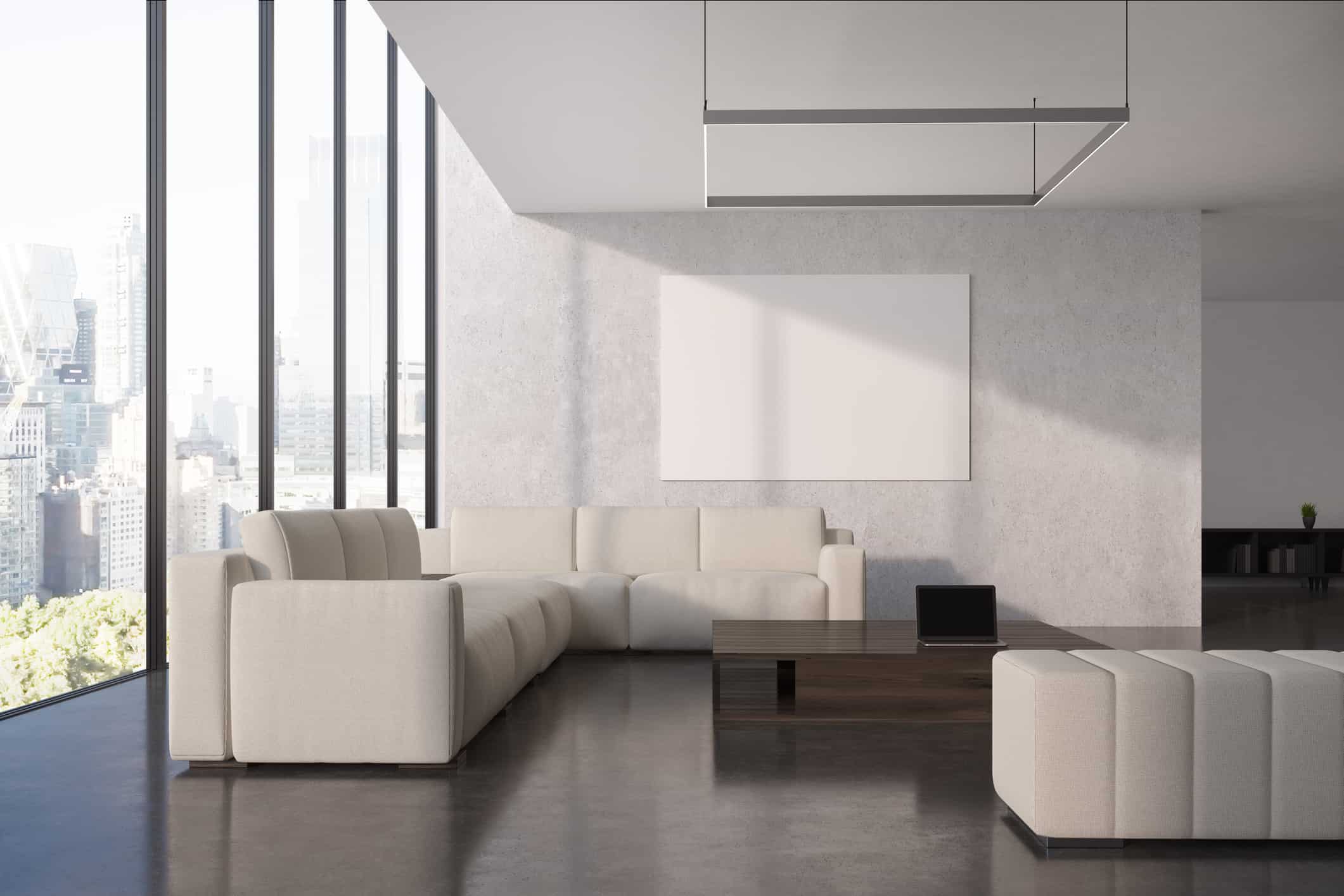As home renovation costs continue to skyrocket, finding ways to stretch your budget without compromising your vision becomes all the more important. One of the ways homeowners are making their money go further is by opting for a flooring alternative that hasn’t always been synonymous with luxury – vinyl flooring. Not only is it an affordable and durable material, but it can also mimic the design and texture of the more expensive materials. Of course, the cost of a home building material – flooring or otherwise – should never be the sole virtue when deciding; the ease in which the material can be cleaned and maintained should also be given due consideration. In this article, you’ll learn how to effectively clean and maintain luxury vinyl flooring so that it lasts for many years to come.
Daily Cleaning and Maintenance
Daily cleaning and maintenance are two of the many aspects of luxury vinyl tile that you will come to appreciate rather quickly. As with any other flooring material, adhering to a regular cleaning schedule will prolong the life and beauty of your vinyl floors. If you’ve never shopped for or owned luxury vinyl flooring before, you may be wondering what products and cleaning solutions work best and which ones you should avoid. Fortunately, you likely already own everything you’ll need to get the job done!
For the most part, a simple broom, dustpan, and/or vacuum cleaner will be enough to clean your vinyl floors on a daily or weekly basis. The nice thing about vinyl flooring is that there are no deep cracks or grout lines to insidiously trap dust and dirt. If you don’t have time to bust out the vacuum a dry mop will also collect just about anything on your vinyl floor; again, the lack of grooves or bumps in vinyl flooring makes the dry mop a near effortless alternative to your vacuum.
Naturally, any spill should be promptly dealt with to prevent staining from occurring. When using a chemical product, you’ll want to conduct an inconspicuous test on a non-visible area to make sure there are no adverse effects (more on that later). For small spot cleans, a cotton ball paired with a smidgen of rubbing alcohol, nail polish remover, or a paste made from water or baking soda will work just fine.
Natural Floor Cleaners
Natural cleaners are perfect alternatives for people who are sensitive to harsher commercial cleaning products, or those wanting to do right by the environment. Whatever the reason, it should be noted that they also do a more than satisfactory job at cleaning vinyl floors. While there are several natural floor cleaners available for purchase in stores, you can also make your own using readily available items. For example, once you’ve swept or vacuumed the floor, mix 1 cup vinegar to 4 liters (1 gallon) of water for a strong, natural cleaner. A bit of lemon juice or a few drops of your favorite essential oil will also add a nice aroma to your clean floors.
Baking soda is another well-known natural cleaner that is suited particularly well to vinyl floors. Mix baking soda with a bit of water to create a mildly abrasive paste that you can use to gently treat a set stain on your floor. Continue to rub the spot until the stain is lifted and wipe away any remaining paste with a clean, damp cloth.
Natural products can also be used to treat the inevitable scuff left by footwear or carelessly moved furniture. In many cases, a simple melamine sponge or pad can be used to buff out the scuff. Olive or jojoba oil can also be used during the buffing process to help protect the finish.
Store-Bought Floor Cleaners
Most people trust the germ fighting and stain prevention qualities of a store-bought, chemical-laden cleaner and rightfully so; with proper use, these products can certainly help you keep your floors looking great for many years. Having said that, there are a few extra caveats to consider if you plan on using store-bought cleaners on your luxury vinyl floors. The first rule of thumb is to look for a product that specifically mentions vinyl flooring on the label. These products have been manufactured with vinyl flooring in mind and are far less likely to cause any issues.
While ammonia and bleach are excellent cleaners in their own right, with vinyl floors at home you’ll want to leave these cleaning products on the store shelf. Simply put, these products can damage your vinyl flooring so avoid them. While you’re at it, leave the abrasive scouring pads at the store as well; using a rough material to clean your vinyl floor could leave scratches that will be much more difficult to deal with. There’s nothing wrong with exercising a bit of caution; if you’re trying out a new cleaning product for the first time, it is always recommended that you test it on a small area first. Be sure to give it ample time to dry before giving it the “all clear”.
If you have a set stain and none of the gentler natural options have worked, a spot of powdered laundry detergent might help. Similar to using baking soda to create a paste, mix a bit of water to the detergent to create a paste, and apply it to the stained area of flooring. Give the paste a few minutes to break down the stain before scrubbing it with a soft brush (either a nylon brush or an old toothbrush will work fine). Once you’re satisfied that the stain has been adequately addressed, thoroughly clean the area, paying particular attention to leave no detergent residue behind.
Keep Vinyl Flooring Spotless
We love vinyl flooring and are always happy to see customers choose it as an option for their homes. It’s affordable, durable, and comes in beautiful design options. Vinyl can mimic hardwood flooring, ceramic tile, mosaic tile, and even marble—but much easier to maintain. Cleaning luxury vinyl is super easy, but if you’re not used to the material, it’s understandable to have questions. If you would like more information about this great flooring option, don’t be shy! Reach out to one of our representatives today.


